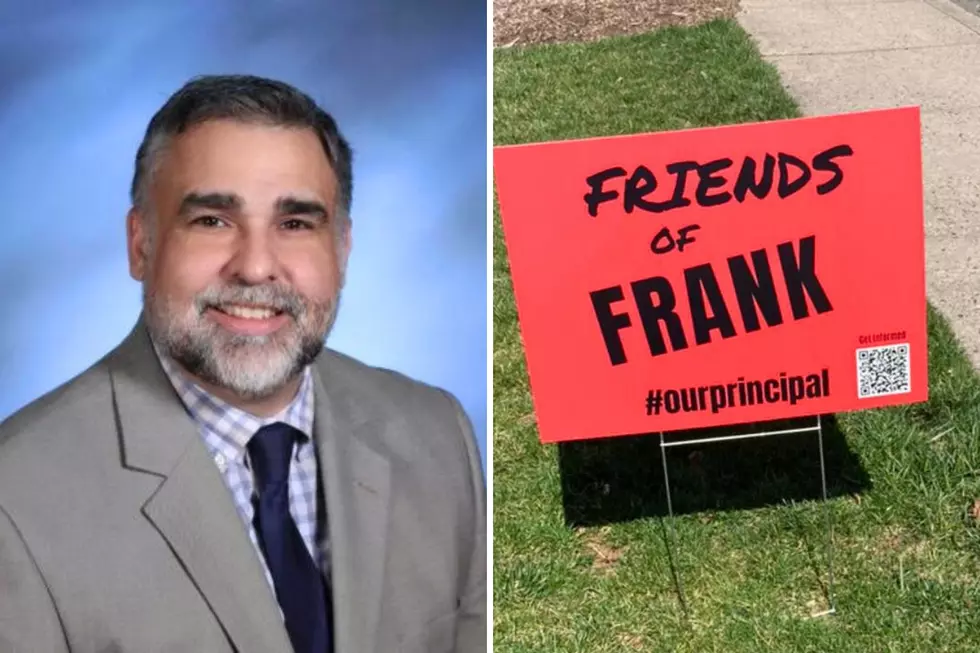
Widow of NJ asbestos factory worker allowed to sue Union Carbide
BLOOMFIELD — The widow of a township factory worker who handled asbestos on a daily basis is suing after he died three months after being diagnosed with mesothelioma.
Willis Edenfield was a 40-year employee of a factory handling asbestos materials on a daily basis. After he died in 2011, three months after a diagnosis of mesothelioma, his widow started a legal battle against a large manufacturer of asbestos.
The lawsuit, which was brought by Thomasina Fowler, was initially dismissed in December 2015, but an appeals court this week reversed that decision, allowing the suit to go forward.
Edenfield worked in a chemical plant where the company made asbestos-containing adhesives. From 1970 until 1982, Union Carbide delivered more than 30,000 pounds of asbestos to the six-building complex where Edenfield worked.
Two co-workers testified that Edenfield would scoop up asbestos and put it in bags before bringing it to various locations.
One of the co-workers said Edenfield worked in a room where there was "visible dust," and that Edenfield would wear a mask to protect himself from the asbestos.
The trial judge granted Union Carbide’s request to dismiss the case citing “insufficient evidence" that Edenfield had been exposed to asbestos at work. On appeal, his widow said she believed there was enough evidence "to create a genuine issue of material fact" that he was exposed to the chemicals.
A panel of appellate judges decided Wednesday that there was no question that Union Carbide had delivered asbestos to the factory, and that while the "mere presence" of the product at the factory was not enough to link it to his death, there was evidence showing he worked directly with the asbestos over a 12-year period.
And while the original judge had granted the summary judgement based on past precedent, the appeals court said the case that was cited did not apply because in the cited case the plaintiff had not been able to prove that there had been direct work with asbestos. The appellate decision noted that in this case that was proven by the witness testimony.
The court also said Edenfield had been exposed to asbestos for a longer duration than other plaintiffs in similar cases
"We are satisfied plaintiff has presented at least enough evidence to survive a motion for summary judgement," the court said in its decision. "Based on evidence presented, a reasonable jury could infer the decedent suffered from exposure to UCC's asbestos."
More From New Jersey 101.5
Contact reporter Adam Hochron at 609-359-5326 or Adam.Hochron@townsquaremedia.com
More From New Jersey 101.5 FM









